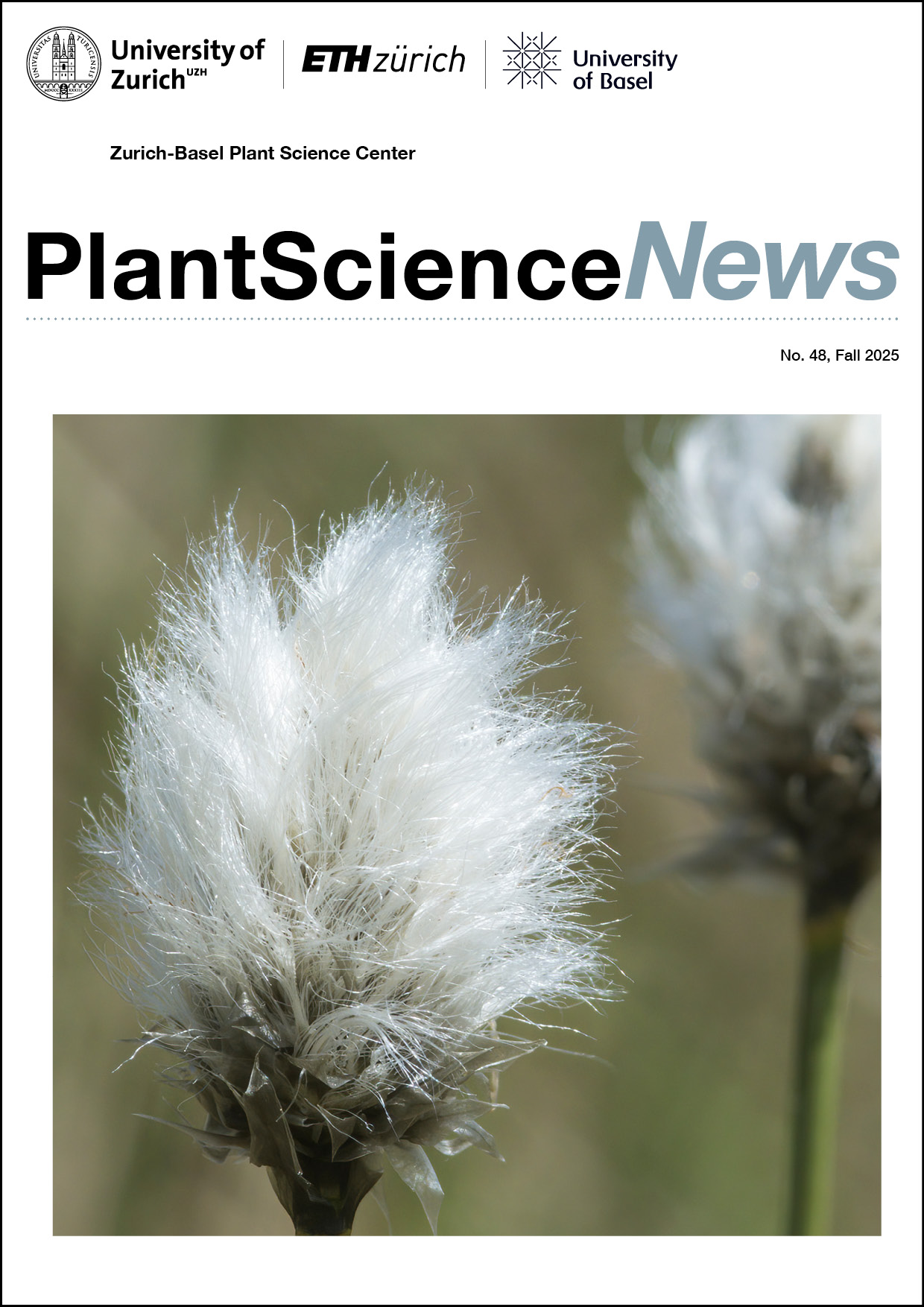Welcome
News from the PSC Blog
This recent blog article was written by Dušan Denić who was a Doctoral Researcher at the Department of Plant and Microbial Biology at the University of Zurich as well as a RESPONSE (MSCA H2020) fellow in the PhD program Science and Policy.
PSC Newsletter

The PSC Newsletter offers information on latest research highlights, education, network events, new members, and outreach activities.
PSC Newsletter latest edition (PDF, 6 MB)
